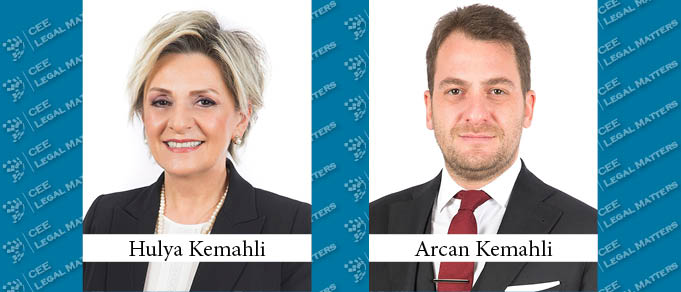Turkey, a G20 country, has been experiencing an increase in energy demand with its high-speed economic and population growth which makes it even more dependent on energy imports for primary energy sources. To ensure the security of its energy supply, Turkey has set its mind to increase the share of renewable energy resources, as per its renewable energy and energy efficiency action plans. That being said, besides other obstacles, the country’s priority target cannot be achieved without an innovative financing resource.
Issued Green Bonds
In the last seven years, Turkey has introduced many green financing methods such as green loans, green sukuks, and green bonds. Among others, high investment costs, longer periods for investment returns, and investors’ high-risk perception of green investments make green investments less favorable compared to other investment methods. In this regard, green bonds as a capital market instrument step forth, by reducing the risk and cost of investment by attracting a more diverse base of investors.
The first green bond in Turkey was issued in 2016 by Turkiye Sinai Kalkinma Bankasi (TSKB), with the USD 300 million raised to be used in energy, health, and education projects. The launch of the bond is considered a significant success since the bond was demanded 14 times more than expected. Following the first green bond, several other companies issued green bonds to finance their sustainability-linked projects. Moreover, after TSKB, Turkey’s two biggest banks also issued green bonds to fund the construction of green buildings and renewable energy projects.
Recent Developments
Turkey has proved its commitment to sustainability principles. In 2020, the Turkish Capital Markets Board (CMB) amended its corporate governance regulation which requires public companies to indicate in their annual activity report whether they apply sustainability principles. If they do not, they must give detailed reasons for this and list the social and environmental risks arising from non-compliance by using a template sustainability report published by the CMB within the financial report submission period but, in any case, no later than three weeks before the general annual meeting. Thereafter, in mid-2021, Turkey published the Green Deal Action Plan to harmonize the EU’s actual and planned policy changes by adopting compliant roadmaps for foreign trade.
The Green Deal Action Plan included two specific goals regarding green bonds which are to establish the Sustainable Bond Framework Document, under which Turkey intends to issue green and sustainable bonds in international capital markets, and to draft a guide on green bonds. Not long after, on November 3, 2021, a draft guide on green bonds and green lease certificates was published by the CMB for public review, and later on, on February 25, 2022, the CMB introduced the applicable version of the guide. As of November 12, 2021, the Sustainable Bond Framework Document became applicable to any sustainable financing instrument to be issued by the Republic of Turkey. Also, both the mentioned guide and framework document were drafted as per the principles outlined in the International Capital Market Authority handbooks. Further, the CMB has decided to apply a 50% discount to the administrative fees applicable to capital market instruments to incentivize green investments.
Remarks and Suggestions
Between the invasion of Ukraine and the rapid increase in energy prices, Turkey has suffered from being heavily reliant on energy imports. Considering Turkey’s new economic model, which primarily aims to increase production and exports despite the risks and uncertainties related to its energy supply, Turkey’s priority target to ensure energy supply and maintain, and even increase, its economic growth depends on green energy and, hence, green financing. Accordingly, with the recent and expected interest rate increases, green bonds are expected to be in high demand for green projects, and recession concerns may make green bonds even more appealing for investors, with their low-risk fixed revenue opportunities.
The volume and amount of the current green bonds may not be considered adequate for Turkey, where its energy needs increase each day and most of its energy supply is provided through imports. So far, Turkey has shown its eagerness to increase green energy through green investments and attract foreign investment through legislative and administrative action.
By Hulya Kemahli, Partner, and Arcan Kemahli, Counsel, CMS Turkey
This Article was originally published in Issue 9.8 of the CEE Legal Matters Magazine. If you would like to receive a hard copy of the magazine, you can subscribe here.


